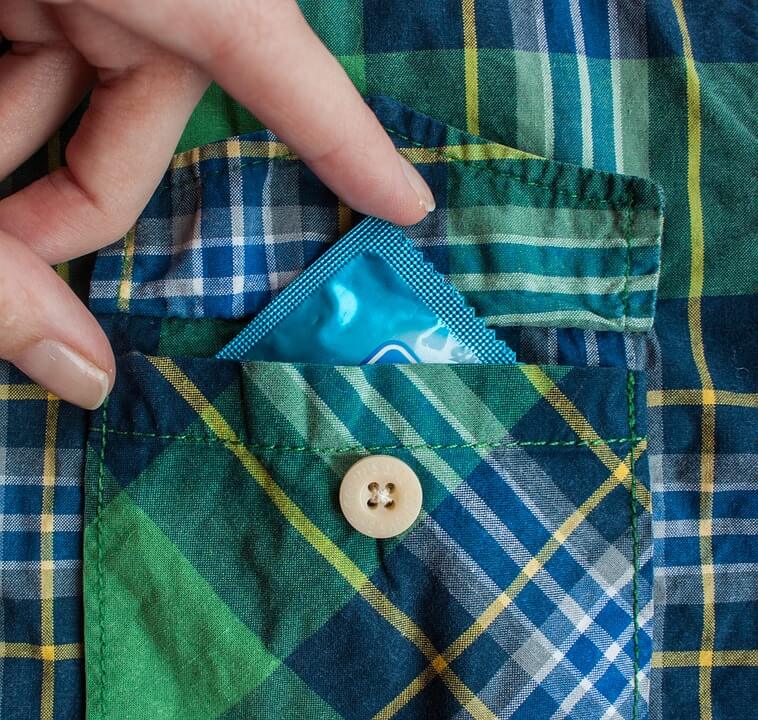In our culture, sex addiction (SA) is considered so shameful that we rarely see it depicted in our wider world. Characterized as an inability to control sexual impulses, the main symptoms include losing control and powerlessness to stop unwanted sexual behavior, even when suffering from a plethora of consequences from anxiety to depression and legal problems.
People who are more likely to engage in high-risk sexual behavior are those who:
- Have Bipolar and Personality Disorders
- Suffer from PTSD as a result of childhood sexual abuse
- Young people who are intellectually delayed
- Substance abusers, particularly those who use Crystal Meth
- Have Dependent Personality Disorder or Love Addiction
Dr. Joe Kort, a relationship and sex therapist, recommends therapy and 12-step programs as a plan of action in recovering from sex addiction. “It can also be helpful to understanding the psychology behind sexual behavior, something I call cracking the erotic code,†says Kort.
A sexual narrative runs through every life. If an SA works to uncover the meaning behind behaviors and fantasies, they can identify triggers and understand their needs, allowing for a healthier source of satisfaction instead of acting out. This, in turn, helps their loved one feel compassion, empathy and rebuild trust.
To that end, while the SA assumes responsibility for his/her compulsive behavior, their partner must be willing to cultivate the trust that was lost in the first place. It’s a long road back from sex addiction, but with patience and hard work, it can be done.










